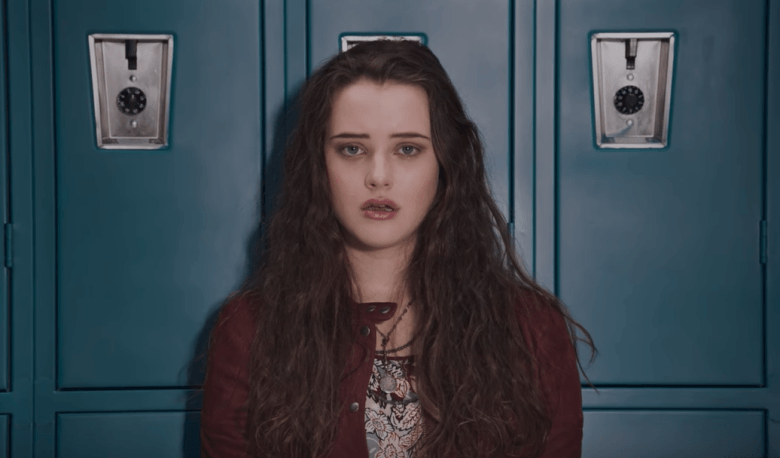If you’ve talked to a teenager recently, you’ve probably heard about 13 Reasons Why. (Alert: Spoilers ahead!)
Why would such a dark show be so popular? Because it’s relatable.
Sure, TV is dramatized, but kids are mean. Girls are subjected to inappropriate remarks and gestures in the hallway. Everybody walks around with a magic screen in their pocket, constantly measuring how attractive and popular they are. Rumors spread without the opportunity for debate or fact-checking. To fit in, teenagers compromise—or forget—their morals and values.
But “high school is a terrible place” isn’t the lesson I want people to take away from 13 Reasons Why. I hope viewers leave with a deeper understanding of kindness. At a professional-development seminar I recently attended, we discussed the difference between “nice” and “kind.” Nice involves actions or words that come from the neck up. Kind involves actions and words that are neck-down. Nice is from the head; kind is from the heart.
A lack of kindness pushes the plot of 13 Reasons Why. Had Hannah’s classmates been genuinely kind, her life may have taken a different turn. Almost all the characters seem nice. Jessica and Alex are Hannah’s first friends. Courtney and Marcus are poster children for overachievers who are “friends” with everyone. Zach sits with Hannah when she has a bad experience on a date. But these characters stop at nice. Their actions come from their brains, but their hearts never really get involved as they interact with Hannah. They bow out when the relationship gets difficult or uncomfortable.
All except for Clay, our protagonist. Although he has some not-so-nice moments, Clay displays genuine kindness. He remains friends with Hannah even when rumors circulate about her. He reaches out and asks if she’s alright (and genuinely means it). Clay isn’t perfect, but he tries to dig in when things get difficult.
Here’s where I want to expand the boundaries of our understanding of kindness: It’s a two-way street. Hannah’s response to Clay’s question is actually the unkindness here. She shuts him out; actually, she screams at him to leave her alone. Even though Hannah knows she needs help, she doesn’t let Clay help her.
>>Listen to our podcast on Paying Ridiculous Attention to Jesus: Partnering with Jesus to Set People Free
When I’m going through tough times, I tend to not burden other people with my hurting. Not sharing my pain seems like the nice thing to do, but in the long run, it only hurts my relationships. Hiding is unkind. Instead, we must be honest with people who can support us, and we need to pray. If we don’t ask Jesus for comfort, we’re probably seeking it in the wrong places. Surely we can’t find peace in ourselves.
–> Watch this Whiteboard Wednesday to learn how to pray for others who may not be opening up.
I also want to address a potentially misunderstood moment of kindness in 13 Reasons Why. Throughout the show, Clay comes to realize the importance of kindness and reaching out. In the last episode, he tells the school guidance counselor: “It has to get better. The way we treat each other and look out for each other. It has to get better somehow.”
Clay then walks out into the hall and approaches a friend he’d lost touch with over the years. When she asks if he’s okay, he responds, “No, is that alright?”
I read a review that interprets this scene as Clay trying to make up for not reaching out far enough to Hannah. But the true act of kindness here is Clay’s honesty about not being okay. He’s taking action on his words to the counselor: He’s treating Skye better.
Kindness requires openness and honesty from everyone. Remind teenagers that when they’re at school or with friends, they can choose to be either nice or kind when they ask someone, “How are you?” Kindness is an act of love, leaning in when others might lean out. Prepare them to pursue answers other than “fine” by asking at least one follow-up question, always. And encourage them to answer the same question honestly.
Yes, Clay, it’s alright not to be okay.
The team here at Youth Ministry has taken great care over this film. As such we have a few resources we want to share with you and encourage you to get together with parents, and other youth pastors to watch these training materials.
Whiteboard Wednesday Youth Ministry Training Video: Paying Ridiculous Attention to Teenagers
Whiteboard Wednesday Youth Ministry Training Video: Paying Ridiculous Attention to Parents

